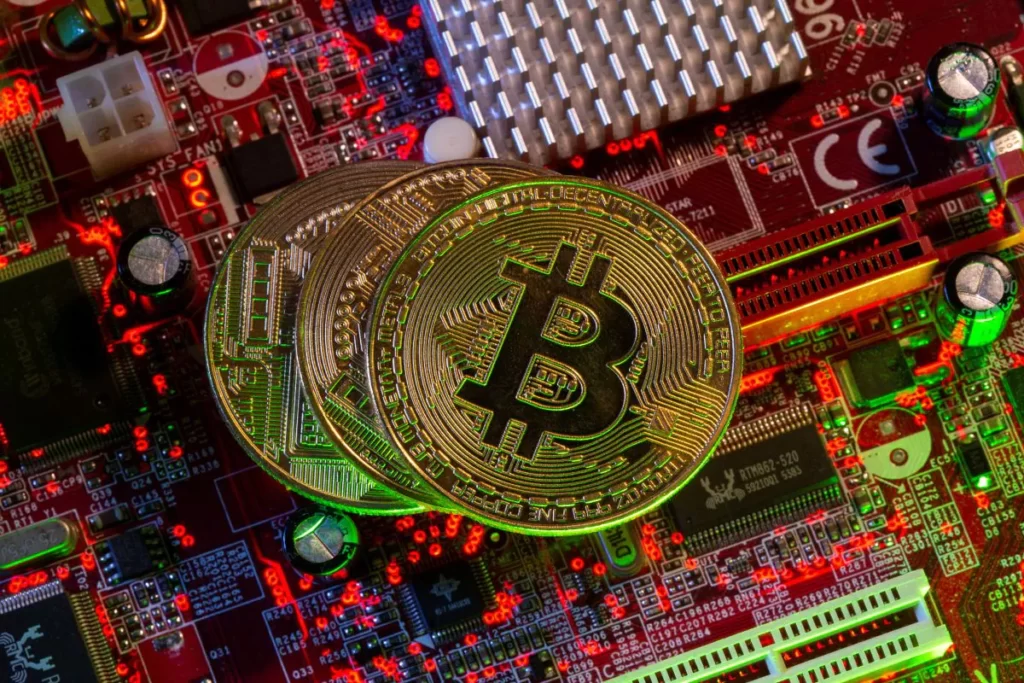Analyst Reports that Over 50% of Bitcoin Mining Energy Comes from Renewable Sources, due to Miners Relocating Amid China’s Ban.

Elon Musk stated in 2021 that Tesla would begin accepting Bitcoin payments once miners were utilizing approximately 50 percent renewable energy sources “with a positive future trend” — a benchmark that may have been met recently.
In a Sept. 14 thread on X (previously Twitter), Jamie Coutts, a Bloomberg analyst, reported the percentage of Bitcoin BTC. The proportion of mining energy derived from renewable sources has surpassed 50 percent, as evidenced by “falling emissions plus a dramatically rising hash rate.”
According to Coutts, the drive toward renewable energy sources was a result of miners leaving China in response to the country’s 2021 mining ban, as well as certain nations turning to mining in order to “monetize stranded and excess energy.”
👉Since China's mining ban in mid-2021 when emissions peaked at 60.9 megatonnes of carbon dioxide equivalent (CO2e), emissions have declined 37.5%
👉suggesting the concern about Bitcoin's carbon footprint are being overstated pic.twitter.com/HQtge8gpyN
— Jamie Coutts CMT (@Jamie1Coutts) September 14, 2023El Salvador, which has also recognized Bitcoin as lawful tender since 2021, Bhutan, Oman, and the United Arab Emirates all invest in Bitcoin mining. The 50% energy benchmark could indicate a larger adoption push by one of the world’s largest corporations.
Musk, CEO of Tesla, proprietor of X, and founder of SpaceX, announced that Tesla would cease accepting BTC payments in May 2021, citing the “rapidly increasing use of fossil fuels for Bitcoin mining and transactions” at the time.
Elon Musk has acknowledged a positive trend toward green energy sources since establishing a 50% sustainable energy source threshold for when the company would recommence payments, but Tesla’s policy has not changed.
The CEO of Tesla did not appear to have made any public announcements about resuming BTC payments. The price of Bitcoin was $26,572 at the time of publication, having increased by more than 2% over the previous week.
